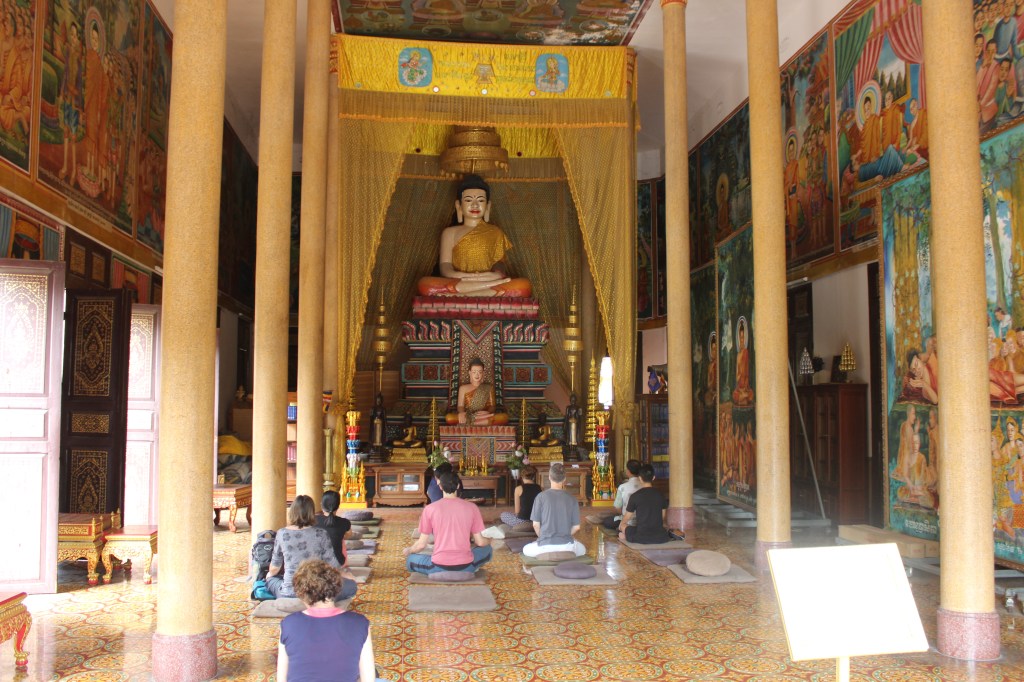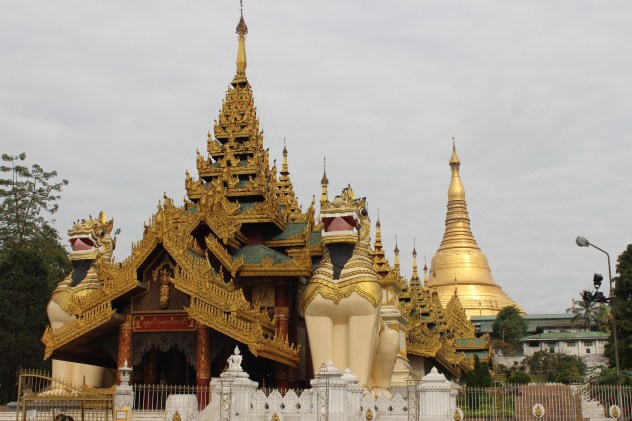Buddhism 202: Nature is the Law of Life
Nature is a law, not a mountain. Rivers and oceans have no more independent existence than you or I. But this is a bone of contention among religions, now, isn’t it, and possibly the main point of division between competing philosophies? Because, if an eternal soul divides Hinduism from Buddhism in India, then the same issue is what divides almost all Western religions from their secular counterparts. After all, isn’t that why most Asians become Christians? Eternal life is Christianity’s main selling point internationally.
But Nature tends to get a pass from such easy distinctions. Mountains are sacred and rivers aren’t bad. Beaches draw the riffraff, but sublime locations can still be had, if one cares to take a walk and distance oneself from the madding and maddening crowds. And isn’t that what makes a place spiritual, anyway, the silence and the solitude and the serenity implicit in such sublime locations? Bring in the tourist hordes, and the nicest places can quickly go downhill fast, training wheels optional.
But that’s neither here nor there from the standpoint of the law that is dharma. The only important thing from the standpoint of dharma is the fact that these phenomena occur in regular and predictable ways, subject to certain causes and conditions. Thus, nature is not random, not entirely, anyway, and not within the time scales utilized by human perception. The implicit beauty is just eye candy for hungry hearts. More important are the principles that govern such relationships. In Thai nature is ธรรมชาติ, dhammashart, the law of life…









Reply